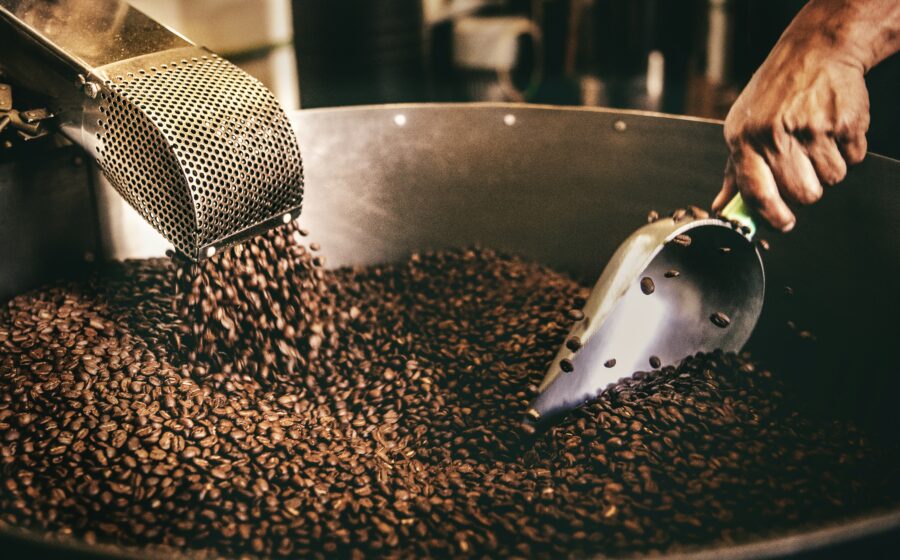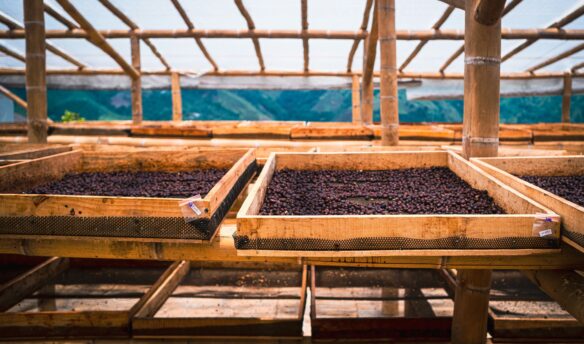✉️ This story was featured in this week’s Coffee News Club
👋 Get the Coffee News Club newsletter in your inbox weekly—sign up.
Trump’s 50% tariff on Brazilian imports sent an immediate jolt through the coffee industry. Importers rushed to get coffee shipments into the country before the tariffs came into effect on August 7; Brazilian exporters looked for alternative buyers for their beans; and, after months of trending downward, coffee prices began to go up again.
Brazil is the world’s largest producer of coffee, and the U.S. buys 30% of its coffee from Brazil. Many analysts thought that, while imports might slow down because of tariffs, American companies would continue purchasing coffee from the country. However, a new report from Ilena Peng, Mumbi Gitau and Dayanne Sousa at Bloomberg suggests that U.S. companies are cooling down their coffee buying in hopes of an eventual exemption or policy reversal.
Some buyers are “avoiding new contracts and looking for wiggle room in existing ones to avoid having to pay the higher levies,” they write. Other buyers have requested extended shipping timelines in anticipation that “tariffs may be eased later.”
Deals between the two countries have “totally stalled. No one’s really buying anything,” according to broker Thiago Cazarini.
Sourcing coffee from other regions could prove tricky, as few coffee-producing countries can match Brazil in terms of volume and price. Many roasters use Brazilian coffee as the base of their blends, with some reluctant to change longstanding recipes. Several roasters who spoke to Bloomberg said they were trying to stretch their remaining coffee reserves in hopes that the tariff policy changes soon.
Either way, the tariffs are taking a toll. “Absorbing a 10% tariff is nearly impossible for a small business to do entirely on its own,” said Daria Whalen, director of coffee for Ritual Coffee Roasters in San Francisco. “Some of that has to be passed to customers — and 50% feels staggering and insurmountable.”
Read more on the latest tariff consequences from Bloomberg here or via Yahoo! Finance here.
















